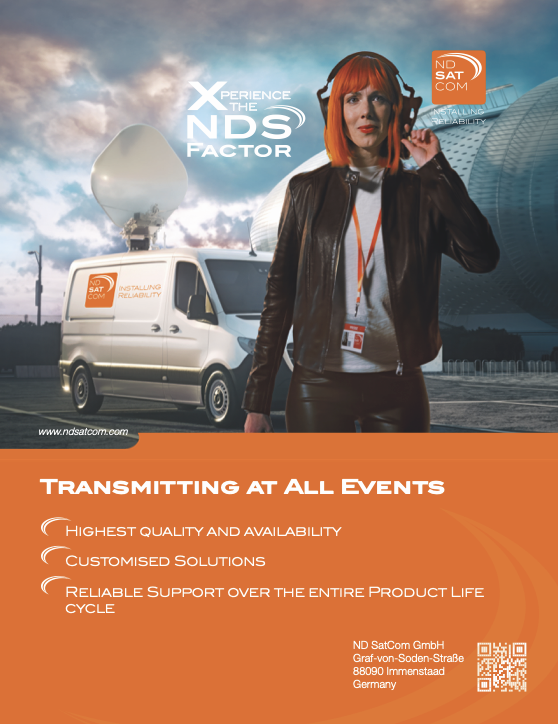Although its value is often overlooked, space is of crucial importance to our daily lives and to many thriving sectors. From telecommunications and navigation services to financial transactions and energy control, space technologies play an indispensable role in our modern society, facilitating our operations and improving our operations. Indeed, the average person uses 47 satellites a day.
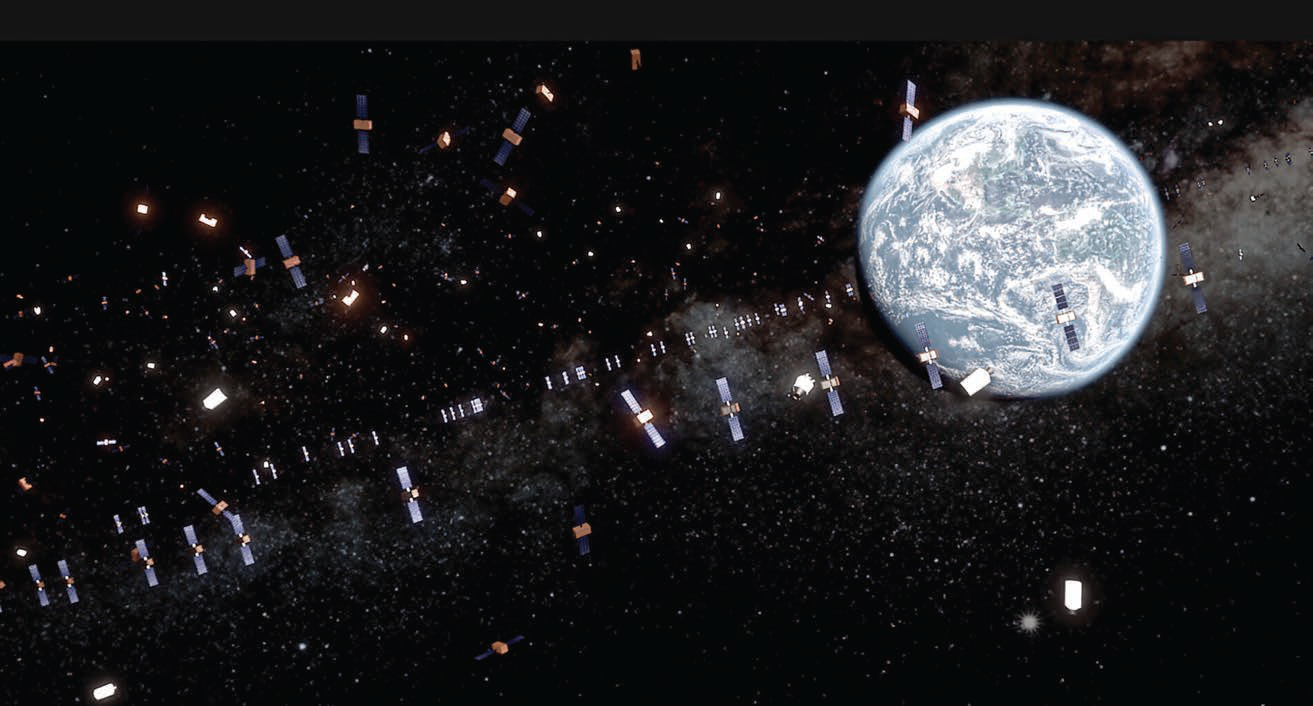
With a significant increase in the number of launches — more than 2,600 in 2023, compared to nearly 1,300 in 2020 — combined with the growing accumulation of debris in orbit and the emergence of new space players, it is imperative to guarantee the safety and sustainability of space activities.
The growing threat of space debris is a major concern for the safety and proper functioning of satellites on-orbit. Debris, whether fragments of decommissioned satellites or residues from previous launches, can cause significant damage in the event of a collision with other satellites.
Currently, it is estimated that there are more than 36,500 pieces of debris larger than 10 centimeters in Earth orbit, increasing the risk of collisions and damage to operational satellites.
To mitigate these risks, private companies specializing in space surveillance have emerged in recent years to complement institutional efforts. Space Situational Awareness (SSA) provides an in-depth analysis of space traffic.
Using sensors such as telescopes, these companies continuously monitor space, identifying collision risks and providing early warnings to satellite operators. Over the next decade, the SSA market is expected to generate sales of 800 million dollars.
Clear standards and directives are cruelly lacking in this area, which is why the adoption of common European space legislation has become a priority. Such legislation could play a major role in the space sector through the action of the European Space Agency (ESA) or the relevant European Union (EU) bodies.
For example, the European Commission is currently working on a new space law, with a draft due to be published in late 2024 or early 2025. Adoption is scheduled for 2027. This legislation will include space traffic management rules aimed at preventing collisions and limiting the creation of space debris.
Eminent specialists, such as Professor Massimiliano Vasile, have stressed that the problem of congestion in Low Earth Orbit (LEO) is worsening at a much faster rate than was expected, and that such is exacerbated by a lack of regulation.
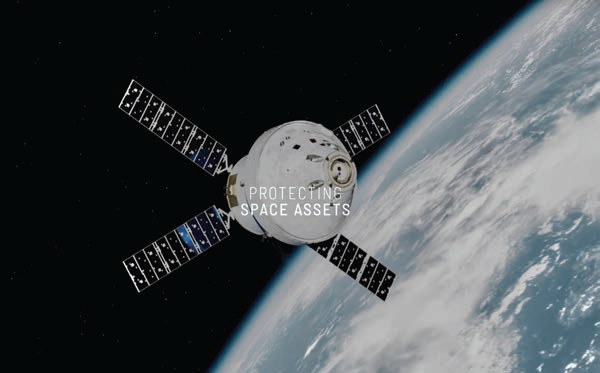
The Orbital Information System
Swirling fragments of past space
endeavours are trapped in orbit around
Earth,threatening our future in space. Over
time, the number, mass and area of these
debris objects grow steadily, boosting the
risk to functioning satellites. ESA’s Space
Debris Office constantly monitors this
everevolving debris situation, and every year
publishes a report on the current state of
the debris environment.
Image is courtesy of the European Space Agency
While terrestrial airspace can be managed relatively easily, the complexity of managing LEO rests with the absence of a defined spatial territory. Institutions are trying to catch up, but the pace is unfortunately too slow in the face of the infernal rates set by companies working to launch mega-constellations.
National governments and international organizations have recognized the risks posed by space debris and are considering solutions.
Japan, the UK, the European Space Agency, the European Union and the United States are considering legislation, policies and budget lines that support the monitoring and disposal of potentially hazardous debris.
The absence of European regulation is due in part to the disparity between states’ space sectors and their regulatory frameworks, with some states having adopted a regulation and others not. As a result, the position of each State with an regulation differs.
For states without space capabilities, in some instances European legislation represents a real boost to the emergence of their own space sector, while in others it is deemed redundant and restrictive. For states with an already dynamic sector, such legislation could complement the existing body of regulations, while some fear interference in their sovereignty.
Europe’s future space law could establish minimum requirements for all space systems, in particular in the area of anti-collision, as well as regulate satellite disposal from orbit.
Despite current limited SSA regulations, France leads the way with its space operations law, in force since 2010. This law does not impose anti-collision systems on satellite operators but does require a reduction in space debris The technical regulation reform introduced by the French law sets out a series of requirements that operators must meet during the launch, orbiting and re-entry phases.
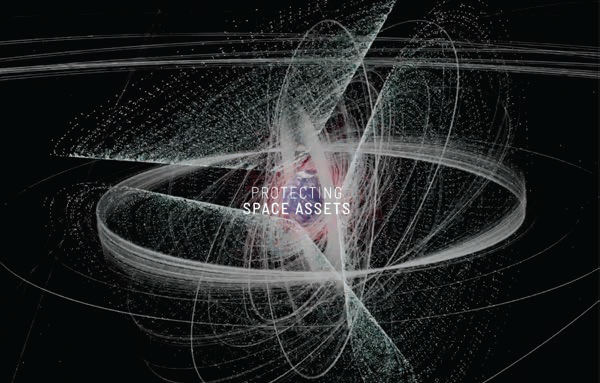
France’s experience in regulating space operations is a real advantage in the preparatory work for the European law.
The creation of a single market for space activities is one of the major issues at stake in the discussions, which would notably involve standardizing technical obligations for all players, European or not, wishing to carry out space operations on the continent. It would also consolidate a European approach to Space Traffic Management (STM) in international debates.
Solutions are also to be found in research and innovation to design mitigation instruments, such as Artificial Intelligence (AI) to recommend anti-collision maneuvers, but also laser technologies, space vans and more.
Aldoria collects, processes and leverages space situational awareness data to protect critical assets in space. By actively monitoring space debris, satellites and derelicts, Aldoria helps operators, space agencies and the broader space community proactively avoid threats and adjust orbital paths.
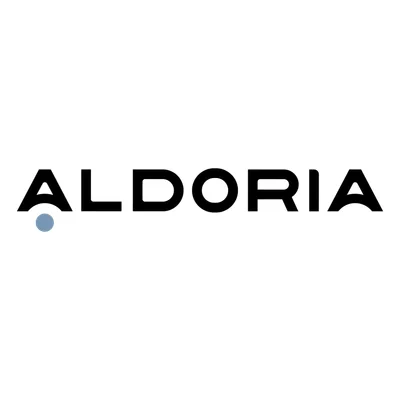
A European law could be a major tool for supporting innovation and the competitiveness of European companies. This approach would encourage the development of expertise and technological capabilities within Europe, strengthening its position in the global space sector.
Aldoria was born in 2017, from the encounter between Romain Lucken, doctor in Plasma Physics and Damien Giolito, inventor and entrepreneur. Both convinced that Space was going to become the new Wild West, an overexploited territory and the theater of international conflicts, it appeared certain to them that all players in the ecosystem, public and private, would have to collaborate to ensure a sustainable and ethical future for orbital traffic.


